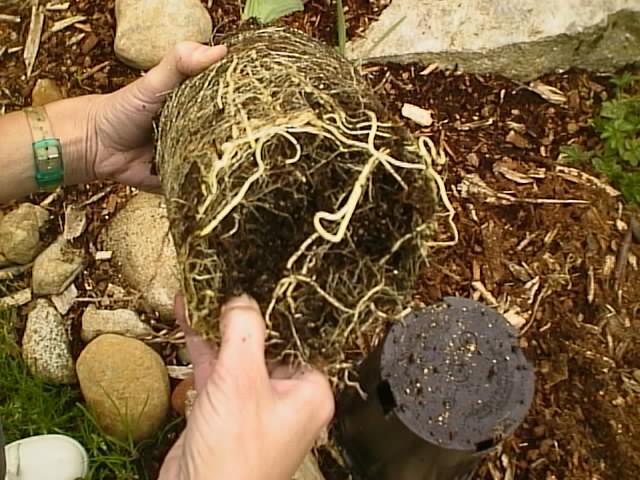
Springtime is the preferred time to plant perennials for good reason. All the conditions these plants relish and respond to are in place: warming soil, warm sunshine, longer days, moist ground, and regular rainfall. Roots quest into the ground, taking up water and nutrients to fuel growth, and top growth — foliage, stems, and flowers — surges forth.
When getting ready for spring planting, make sure you do the following:
- Harden the plants off. Just like you wouldn’t plunk a new goldfish into its tank without letting it adjust to the temperature, you don’t want to give your perennials an environmental shock. Let new plants adjust to life outdoors for a few days or a week by sitting them in a sheltered spot, such as on the porch or against the semi-shady side of the house. Start the plants off for just a few hours, and increase the time until they’re outdoors 24/7. (But bring perennials indoors or cover them if there’s a threat of a late frost.) Cover them with single layer of newspaper to reduce the light intensity and wind exposure.
- Choose a cool, cloudy, or damp day to plant, or plant in late afternoon. The hottest part of the day (midday to early afternoon) is a bit stressful to both you and the plants!
- Plant in good soil, create a basin of soil or mulch around each plant, and give a good, soaking watering. Check that the water drains in where you want it.
- Mulch after planting. Not only does this step hold in soil moisture and moderate the effects of fickle, fluctuating spring temperatures, but it also keeps weeds at bay (they love to grow this time of year, too).
- Handle the plants roughly.
- Plunk a root-bound plant into the ground. Either tease apart the roots a bit or lightly score the sides with a sharp knife, which inspires new root growth. Then you may place the perennial in its planting hole.
- Plant perennials in waterlogged ground, or drench them right after planting. A moderate dose of water is a needed drink; too much water prohibits oxygen from getting to the roots, and the plants literally drown or rot.

No comments:
Post a Comment